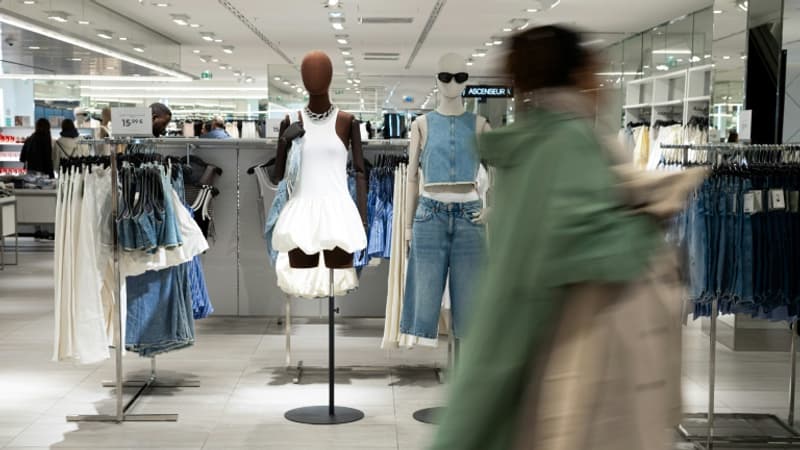The clothing market finally finds colors, after a difficult summer marked by the heat wave. The activity was slowly in July and August (+0.1%) compared to 2024, according to the intimate panel int. For the Commerce Alliance: More than 70 clothing brands that represent more than 10,000 stores in France. “After a first encouraging half, fashion brands recorded a contrasting summer,” said Yohann Petiot, general director of the Commerce Alliance, cited in the press release.
Therefore, it specifies that “summer sales in July were disappointing, while the heat wave greatly weighed the activity of August, slowing down the sale of the new collections”, but “the activity has been significantly recovered (in mid -August) thanks to a cooler climate and the preparation of the school year.”
Re -School Effect
The results of this panel show that in July, the activity fell 2.3% in the store, before experiencing an increase in activity in August, 3% compared to 2024.
Paris, however, recorded “good performances in July -agosto (+9% against -10% in 2024)”, actually benefiting from a “capture after the fall of the activity linked to the Olympic Games in 2024”.
Political instability
For the coming months, Yohann Petiot insists on the need to “not weaken household consumption”, and asks “the responsibility of political actors to allow this return of trust.”
It also considers “imperative to continue with the determination of the fight against unfair competition of Asian platforms”, because “their presence in the French market increases and represents a serious threat to the viability of our anchored stores in the territories.”
The fashionable anti-fast law, which is addressed to the SHEIN and TEMU in particular, has been adopted in the National Assembly, then in the Senate, and must now be subject to a deputy agreement of the subputor during a joint joint commission (CMP).
Source: BFM TV


